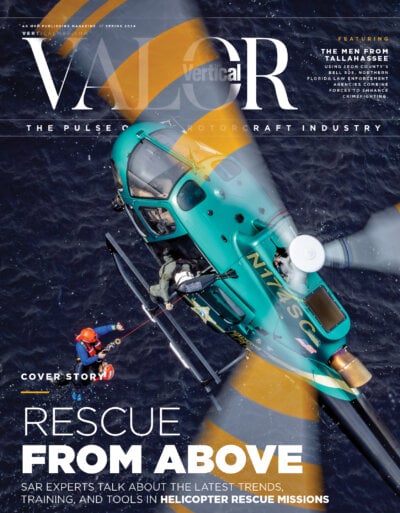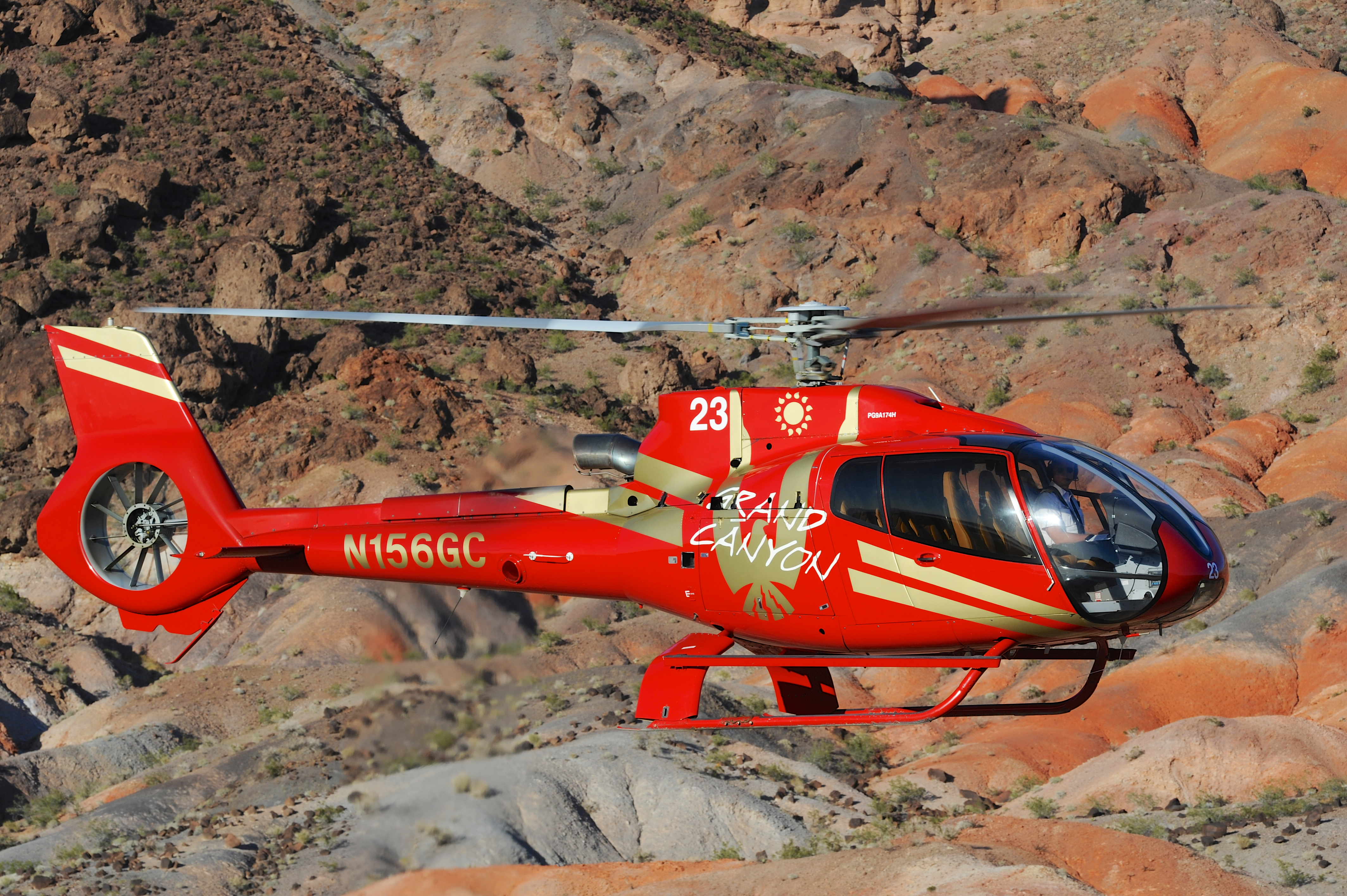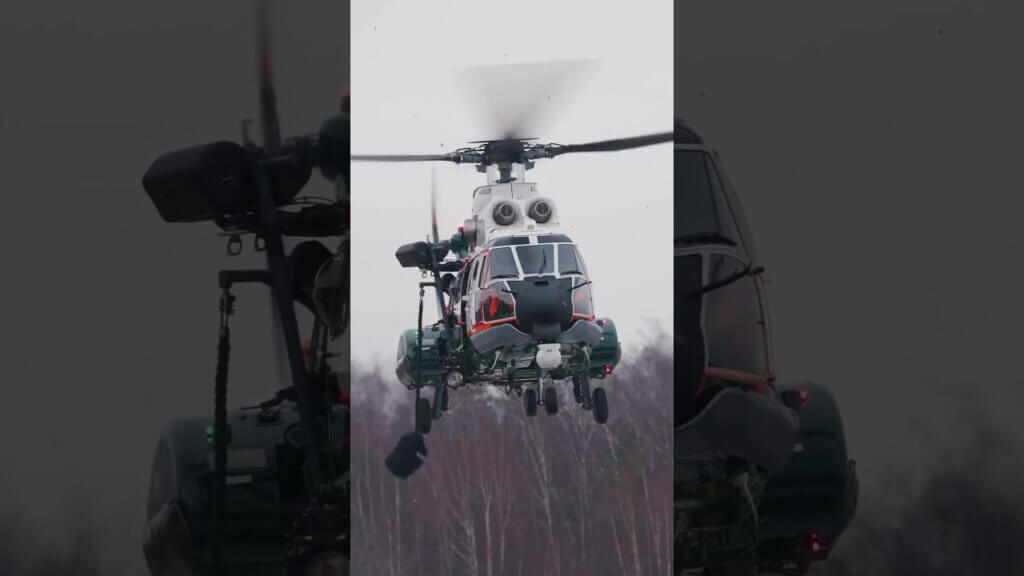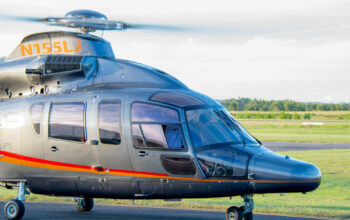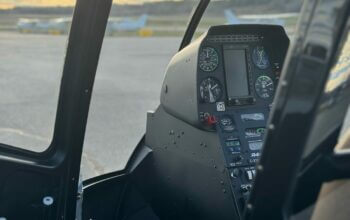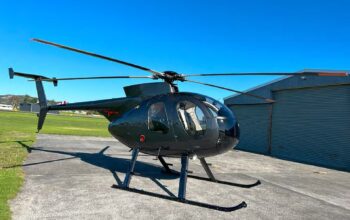The parents of one of five people killed in the 2018 Papillon Airways Grand Canyon crash have received a $100 million settlement from the operator and Airbus Helicopters, according to numerous media reports.
Jonathan Udall was one of five British sightseeing passengers killed by a post-impact fire after their Airbus EC130 B4 crashed in the Grand Canyon on Feb. 10, 2018.
Becky Dobson, Stuart Hill and Jason Hill died at the site, while newlyweds Udall and Ellie Milward died later in hospital. Pilot Scott Booth and passenger Jennifer Dorricot survived the crash, but both had life-changing injuries.
Udall’s parents filed their lawsuit against Papillon and Airbus Helicopters in the weeks following the crash, claiming their son would have survived had the aircraft been equipped with a crash-resistant fuel system (CRFS).
The Associated Press reports that the Udall’s lawyer, Gary C. Robb, said the family insisted the settlement terms be made public to raise awareness about aircraft fuel tanks they say are prone to rupture.
“The Udall family wants to shine a spotlight on this issue so the industry will take note and voluntarily seek to correct this public health issue,” Robb told the news agency. “They don’t want anyone else to go through what their son went through in an otherwise survivable accident — not a broken bone. He would have walked away.”
The settlement follows that of flight nurse David Repsher — who was also represented by Robb — which was finalized just days before the Papillon crash in 2018. Repsher received $100 million from Airbus and Air Methods after the H125 he was in crashed shortly after takeoff, with the post-crash fire burning over 90 percent of his body.
The National Transportation Safety Board released its final report on the Papillon accident two years ago. Its investigation put the probable cause as a loss of tail rotor effectiveness, the pilot’s subsequent loss of control, and collision with terrain during an approach to land in gusting, tailwind conditions.
According to the NTSB report, two pilots who landed just before the accident flew similar approaches to the accident pilot, and both encountered adverse wind.
“The pilot who landed just before the accident reported that he encountered wind conditions that necessitated full right pedal and nearly resulted in loss of yaw control,” the report stated.
The NTSB noted all seven occupants survived the impact, but all sustained “significant” burn injuries, and three of them were likely unable to get out of the helicopter.
“The most significant factor affecting occupant survival was the immediate post-crash fire,” the report stated.
The FAA introduced new fuel system crash resistance standards in 1994, but these did not apply to rotorcraft with type certificates approved before that date.
Legislation to expand this to all newly-manufactured helicopters was introduced in 2018.
The following year, Airbus announced that it would expand certification of its crash resistant fuel system (CRFS) to older types of the AS350 and EC130 families, and that it would be offered at cost to operators.
The CRFS has also been installed on all newly-produced H125s — whether manufactured in the U.S. or France — since 2020.
Papillon completed a CRFS retrofit of its entire fleet of EC130 B4s and H125s in August 2019.
Airbus Helicopters said it had no comment when contacted by Vertical about the settlement.




